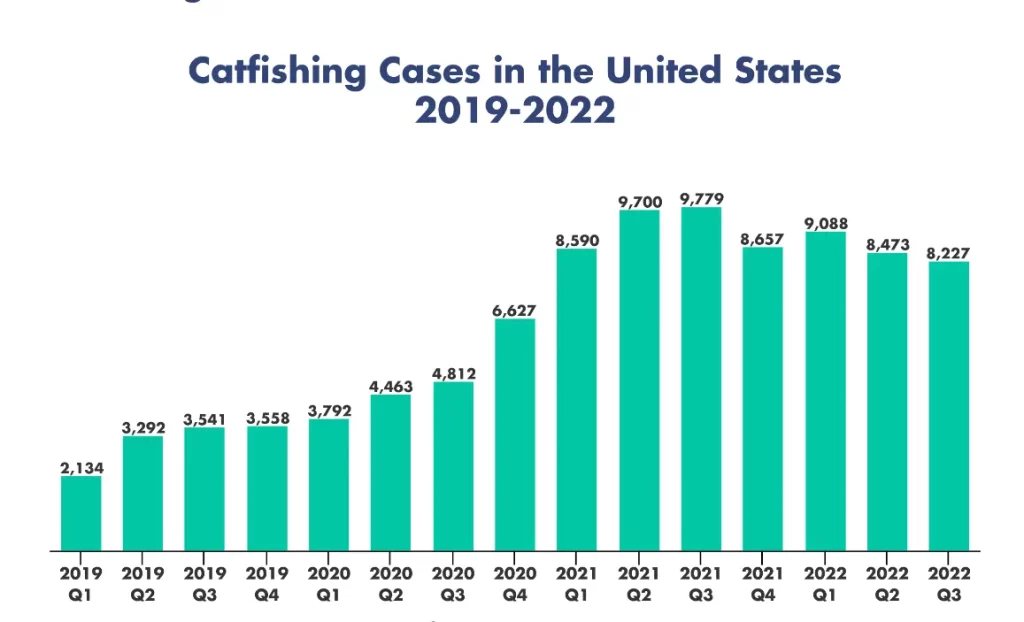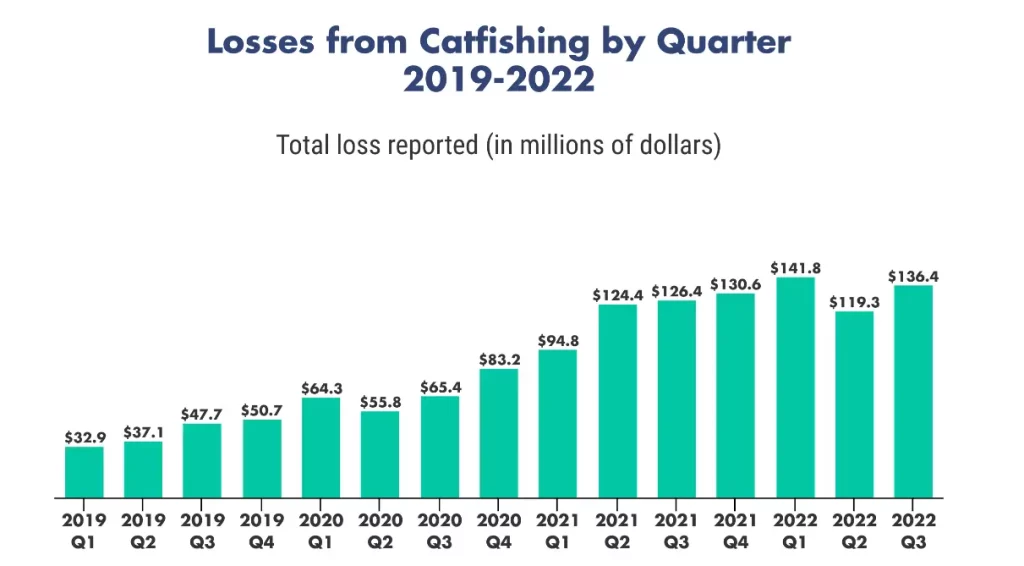Social interactions are very common and easy in this digital era. Kids have many options to develop social relations like, whatsapp, instagram, snapchat, etc. These applications are used by online predators for cyberbullying and other crimes like catfishing.
What is Catfishing?
Catfishing is a dishonest practice in which a person develops a fictional persona or a false identity on platforms such as Facebook, Twitter or Instagram usually for a romantic relationship.
Catfishing was once more common among adults who used online dating platforms.
But it has now become a more prevalent problem for both adults and teenagers.
Some catfishers go to great measures to develop phony identities, such as having many social media profiles to build up and validate their catfishing.
History of Catfishing
Catfishing is a relatively recent cybersecurity issue that did not become a serious threat until the early 2010s.
The phrase was popularized by the TV series “Catfish,” which debuted on MTV in 2012.
It was inspired by the 2010 documentary “Catfish.” The reality television series popularized the phrase “catfishing” with over 200 episodes and a decade of airing.
But now many cases of catfishing are being reported. The average number of quarterly reports of catfishing schemes climbed by more than 174% between 2019 and 2022. According to research,

Why Do People Catfish?
According to research, people who are involved in catfishing usually have some psychological issues. They have no empathy and a manipulative mind to exploit others.
They usually don’t even have any guilt for doing this.
Some other reasons are;
- Inadequate self-esteem.
- To conceal their identity.
- Personalized fury and revenge.
- Harassment with a specific intent.
- To investigate their sexuality.
- Depression and anxiety.
Signs of Catfishers
Catfishers pretend to be nice. Their behavior seems so good that people usually get deceived by them easily, usually women and kids. Here are some signs of catfishers you need to check whenever you talk to someone online.
- They are extra humble and sweet.
- They are so loving initially in the relationship.
- Give you extra attention.
- Ask for money early in the relationship with serious but lame excuses.
- They avoid meeting you in person.
- Avoid talking on call.
- Always try to have your personal information.
- They don’t use their real names because they are involved in catfishing with so many people.
- They don’t have a lot of posts and only a few friends in their followers and following list.
- They share information that is too good to be true.
How to Prevent Your Kids from Catfishing?
So as you know what catfishing is and its signs, it’s time to teach your kids about it as they have social interactions as well. So it’s better to take action before it’s too late. Thus here are some ways to prevent your kids from it.
Open Communication
Begin by having open and honest conversations about online safety with your children. Encourage them to discuss their internet experiences, worries, and unexpected interactions.
Critical Thinking Should Be Taught
Assist your children in developing critical thinking skills in order to analyze internet material and people.
Teach children to be skeptical of suspicious or too-good-to-be-true offers and to check the legitimacy of online contacts.
Set Time Constraints
Set time limitations for your children’s online activities so they don’t spend too much time chatting or gaming. Maintaining a healthy online-offline life requires balance.
Keep An Eye On Your Kids’ Online Activity.
Keep an eye on your children’s internet activities. This can include examining their social media profiles, chat logs, and gaming interactions on a regular basis. Parental control softwares are available in many apps and platforms, allowing you to monitor and limit usage.
Make Offline Connections
Encourage your children to participate in offline activities such as sports, hobbies, and social events to foster real-life connections. It will ultimately limit their online involvement.
Why Is It Important To Teach About Catfishing?
It is important to teach your kids about catfishing to prevent them from being scammed. According to All About Cookies, only in USA the rate of catfishing has increased in the last 3 years between 2019-2022;

A large amount of money was lost by the people due to catfishing and online scams with each passing year;

Thus it is important for parents to teach kids about the risks in the digital world. Having knowledge about how it will not harm your kids and they will have the idea about how to cope up with such a situation.
Conclusion
Social media is the hub of catfishing. Educating your children on the signs of catfishing and how to avoid it is an important element of digital parenting.
Parents can help their children to explore the internet securely and confidently by encouraging open communication, teaching critical thinking, and establishing clear boundaries.
Keep in mind that attention, education, and a firm foundation of trust are critical components in protecting our children from the perils of catfishing. It helps in ensuring their online experiences are both pleasurable and secure.
You may also like;





